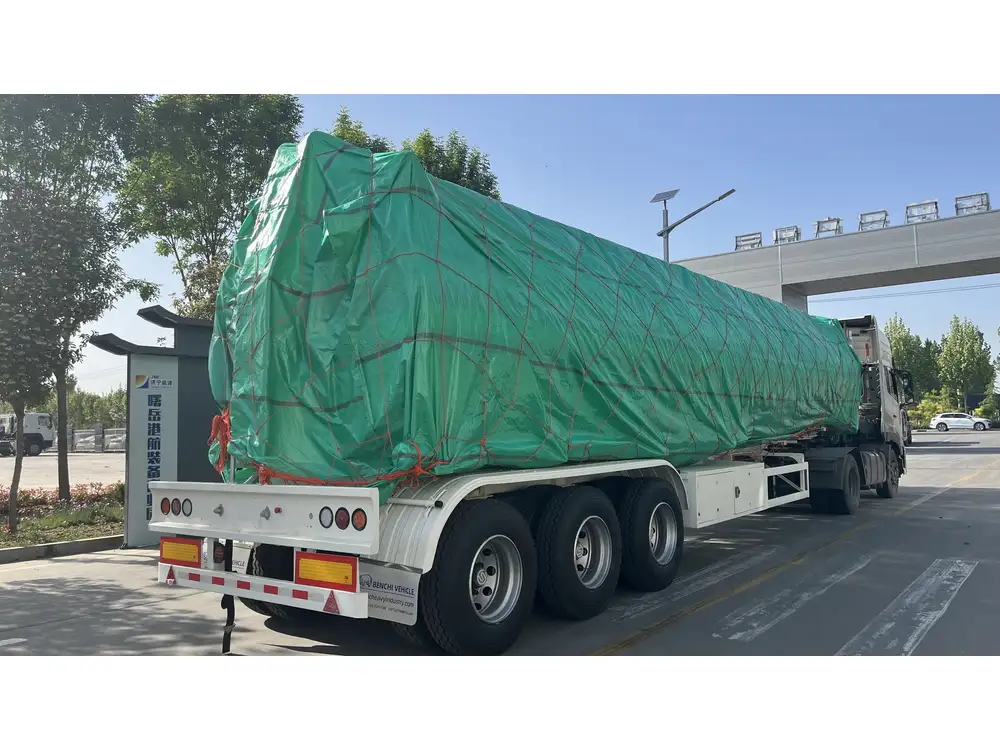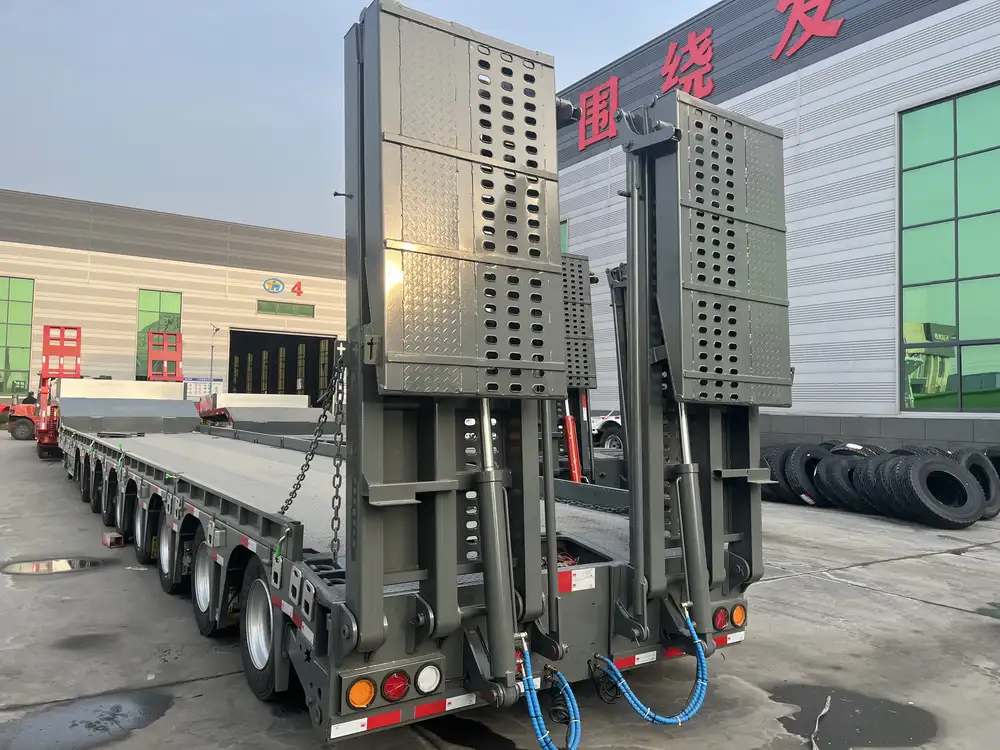When contemplating the potential profitability of operating a dump trailer, various factors arise that can significantly influence the financial returns. In this in-depth analysis, we aim to dissect this topic comprehensively, providing clear insights on how much income one can generate from a dump trailer, the variables that impact earnings, and strategic suggestions for maximizing profitability.
Factors Influencing Dump Trailer Earnings
1. Operational Costs
Understanding the operational costs is crucial. These may include:
| Cost Type | Description |
|---|---|
| Fuel Expenses | Fuel costs will vary based on the type of truck and distance traveled. |
| Maintenance | Regular maintenance is necessary for reliability, and unexpected repairs can add up considerably. |
| Insurance | Insurance costs can vary significantly based on location, driver experience, and the value of equipment. |
| Licensing and Fees | Costs related to registering the trailer and obtaining necessary permits. |
A thorough evaluation of these expenses helps provide clearer insight into net earnings.

2. Market Demand
Demand for dump trailer services can fluctuate based on market trends. Construction booms or an increase in landscaping projects can dramatically increase earnings. Researching regional economic conditions and construction activity can indicate future demand.
3. Service Pricing
Pricing strategies directly affect profitability. Depending on the local market, you may charge per load, hourly rates, or flat fees for specific services.
- Per Load Pricing: Commonly used for hauling materials like dirt, gravel, and debris.
- Hourly Rates: May be more applicable when timing is uncertain, bringing potential flexibility for increased earnings.
- Flat Fees: Effective for scheduled services or contracts with businesses.
4. Location
Geographical location influences earnings significantly. Urban areas often present higher demand and potentially greater competition, which necessitates competitive pricing strategies while rural areas may offer fewer jobs but less competition.

5. Type of Dump Trailer
The type of dump trailer can also dictate earnings. Various designs serve different markets – from standard dump trailers to specialized models for specific applications:
| Trailer Type | Ideal Use Case |
|---|---|
| Standard Dump Trailers | Suitable for general construction and landscaping jobs. |
| End Dump Trailers | Ideal for transporting loose materials like gravel or sand. |
| Side Dump Trailers | Well-suited for tight spaces and specific unloading needs. |
6. Utilization Rate
The frequency of trailer use significantly impacts earnings. Optimizing operational efficiency through better scheduling can increase the total number of jobs completed, thus enhancing income.
Potential Earnings Breakdown
Given the various influences on profitability, we can attempt to derive average earnings based on localized rates and operational metrics.

Example Income Estimate:
- Assumed Fees:
- Average charge per load: $250
- Average loads per day: 3
- Operational days per month: 20
The estimated monthly income becomes:
[ \text{Monthly Income} = \text{Charge per Load} \times \text{Loads per Day} \times \text{Days per Month} ] [ \text{Monthly Income} = 250 \times 3 \times 20 = \$15,000 ]Estimated Operational Costs:
Assuming average operational costs:
- Fuel: $600/month
- Maintenance: $300/month
- Insurance: $200/month
- Other Costs: $400/month
Total operational costs would equal:
[ \text{Total Costs} = 600 + 300 + 200 + 400 = \$1,500 ]Profit Calculation:
Finally, we can determine the estimated profit:
[ \text{Profit} = \text{Monthly Income} – \text{Total Costs} ] [ \text{Profit} = 15,000 – 1,500 = \$13,500 ]
Summary of Key Earnings Insights
- Earnings vary widely based on geographic and operational factors.
- Average profits for an efficiently-run dump trailer business could potentially reach $13,500 monthly.
- Market demand remains the most unpredictable factor influencing service frequency and pricing.
Strategies for Maximizing Income
1. Diversification of Services
By diversifying the types of services offered, you can capture a wider range of clients. Consider additional services like:
- Land clearing
- Debris removal
- Bulk material delivery (e.g., mulch, sand, or gravel)

2. Investing in High-Quality Equipment
Quality matters in the long run. Investing in a robust, reliable dump trailer can reduce maintenance costs and increase the lifespan of your equipment.
3. Strategic Marketing
Effective marketing can expand clientele. Use various platforms to promote services, such as:
- Local advertising: Flyers, business cards, or local newspapers
- Online presence: Creating a website, optimizing for SEO, and using social media to reach potential clients
- Networking with construction companies and landscapers for bulk contracts
4. Enhancing Customer Service
Providing exemplary service can result in higher customer satisfaction and repeat business. Consider these customer service strategies:
- Prompt response times for inquiries and quotes
- Clear communication of service offerings and pricing
- Flexibility to meet customer needs and timelines

5. Analyzing Competitors
Keep an eye on competitors to remain competitive in both pricing and services offered. Understanding their strengths and weaknesses can provide unique opportunities for your business.
Conclusion
Operating a dump trailer business holds significant potential for profitable returns. However, earnings can vary dramatically depending on operational costs, market demand, service pricing, geographical considerations, and the type of equipment used.
By understanding and managing these variables effectively, you can not only predict your potential earnings but also implement strategies that maximize your business’s profitability. Whether you focus on diversifying services, maintaining high standards of customer service, or leveraging strategic marketing efforts, the road to success in the dump trailer industry becomes paved with informed decisions and actions.
This comprehensive analysis aims to equip potential dump trailer operators with the knowledge needed to make informed decisions and optimize their business practices. By addressing the complex factors and developing effective strategies, you can better navigate this lucrative market.



